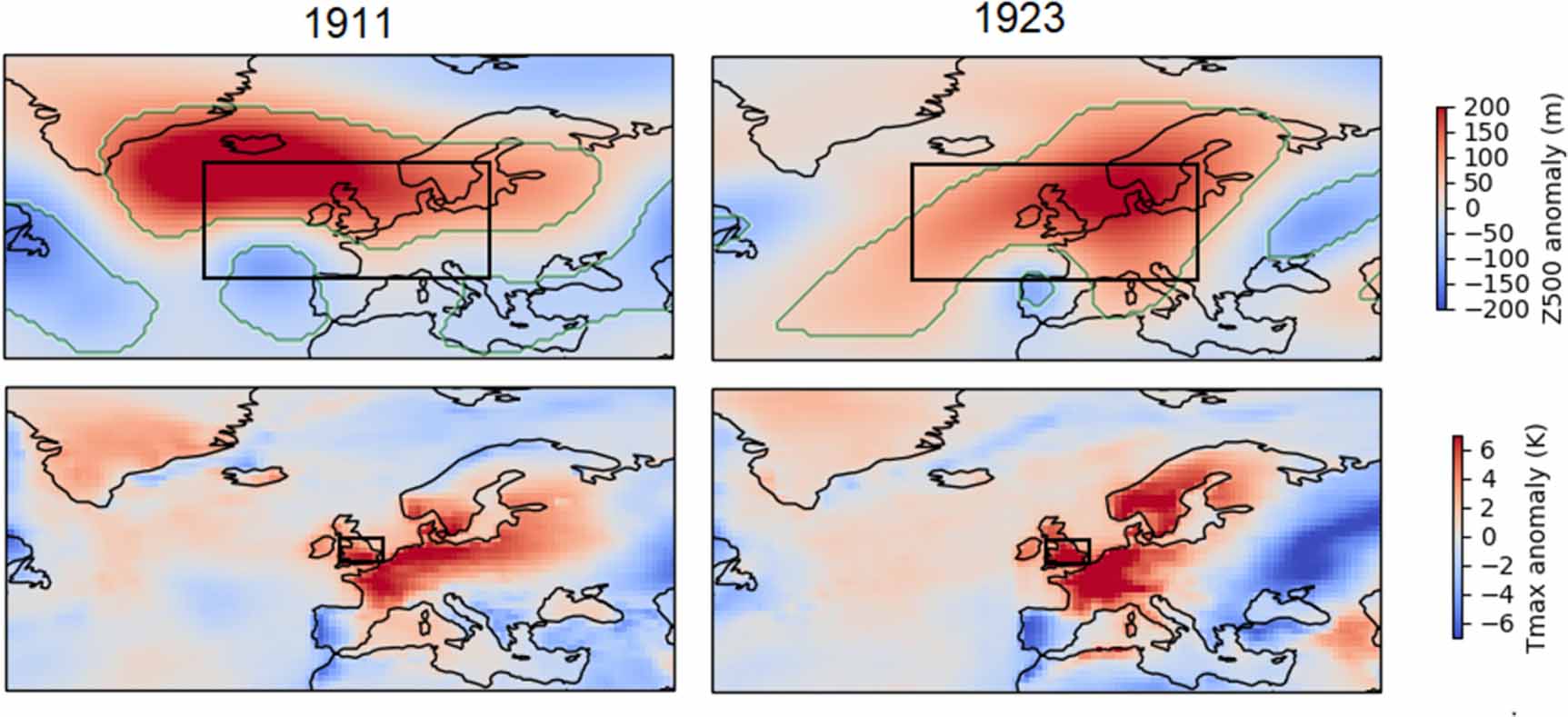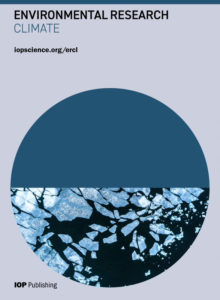ERCL研究文章|利用类比法预测英国未来热浪的变化

文章介绍
Emma L Yule, Gabriele C Hegerl, Andrew Schurer, Andrew Ballinger and Ed Hawkins
通讯作者:
- Emma L Yule,英国爱丁堡大学
期刊介绍

- Environmental Research: Climate(ERCL)是一本多学科、开放获取的期刊,致力于解决有关物理科学的重要挑战以及气候系统和全球变化的评估,并在影响/未来风险、复原力、环境减缓、环境适应、环境安全和最广泛意义上的解决方案方面进行努力。我们鼓励所有的研究方法,包括定性、定量、实验、理论和应用方法。
